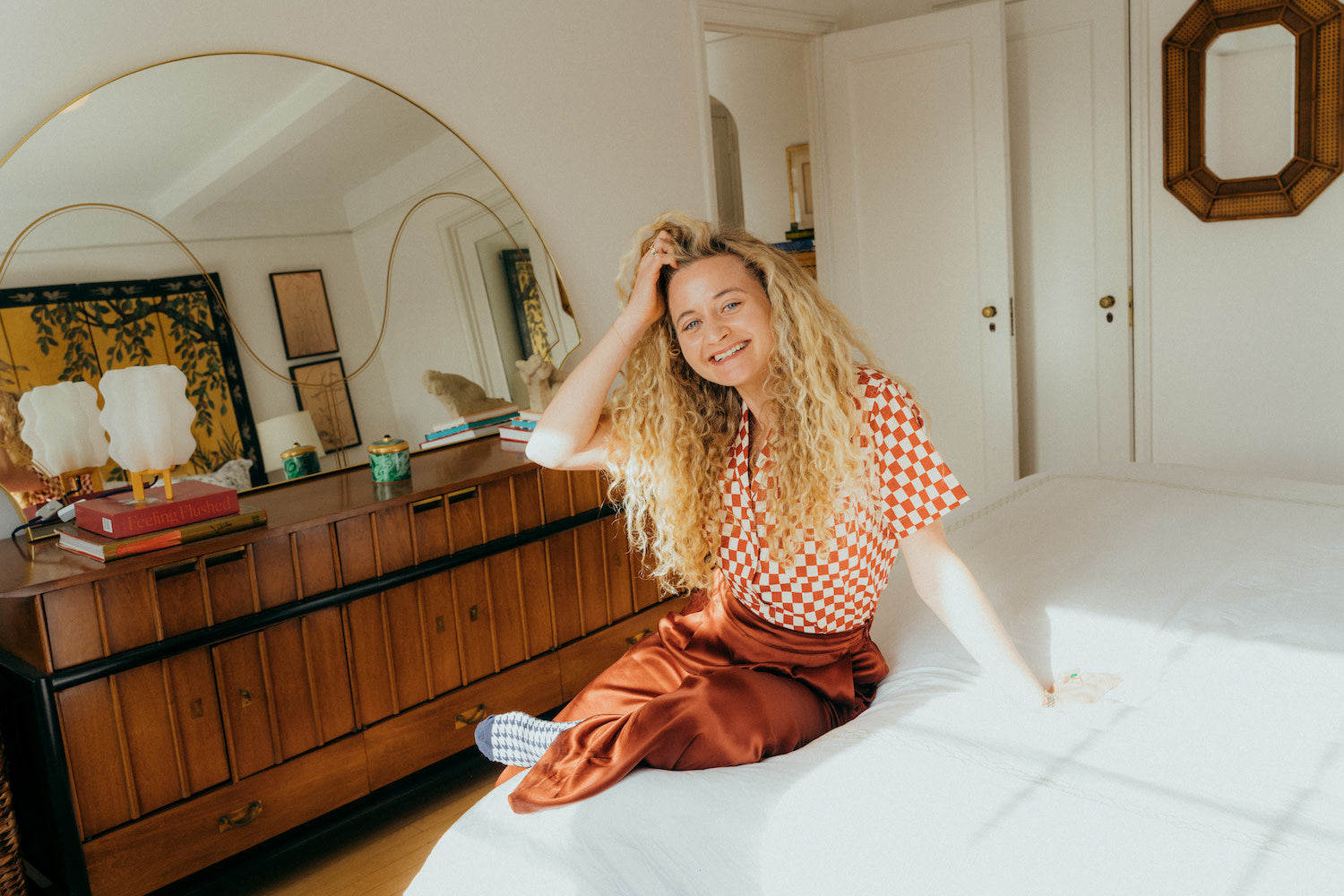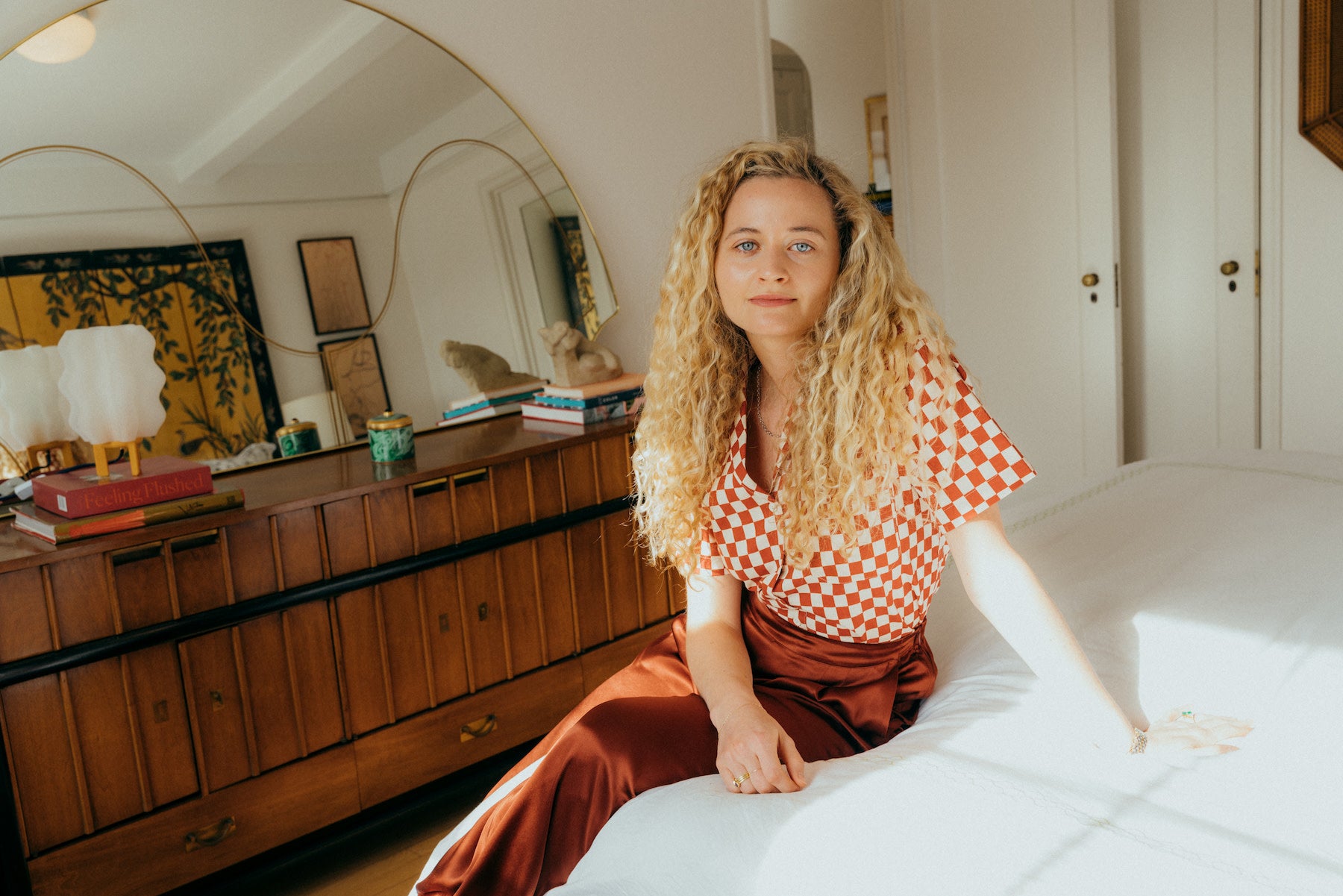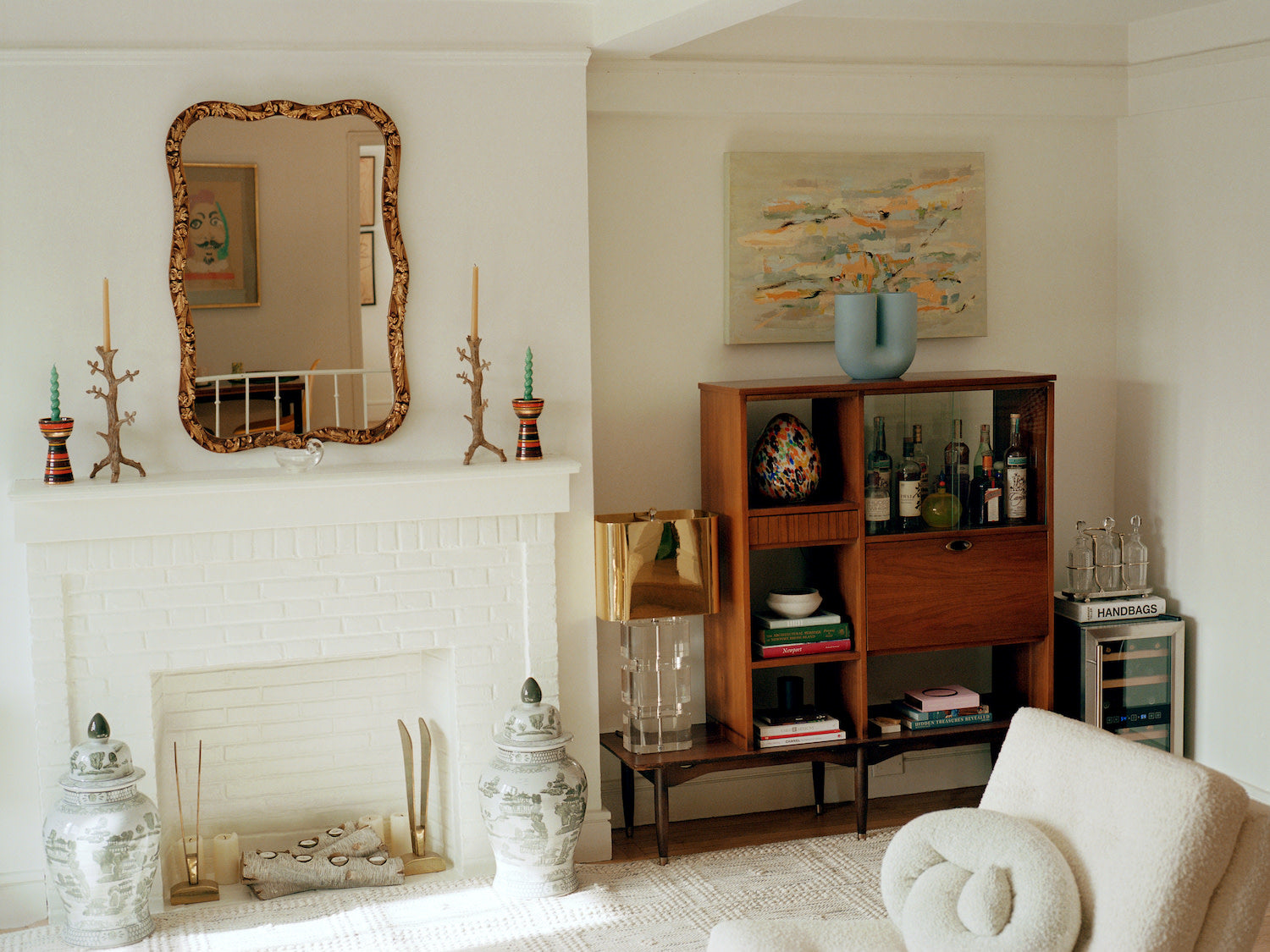
The writer on insomnia, the accuracy and anxiety of social media, and her drug of choice.
AS TOLD TO GOSSAMER
It feels like a weird human default to go right to describing who you are professionally. But it’s a familiar metric, so I'll just say that I'm a freelance writer and brand consultant. Before this, I worked as an editor at Man Repeller for almost five years. I'm based in New York, where I was also born and raised. I don't know what else to say about myself. I love dressing like a stick of butter, and I'm known for that as well.
I'm not someone who knew what career I wanted to have when I was in middle school, but in hindsight, there are definitely some clues to how I ended up where I am now. When I think about what brought me a lot of joy as a teenager, writing English papers and experimenting with different ways of wearing the things in my closet were definitely two of them. I was obsessed with magazines. I saved the money I made from babysitting to buy them every month. Glamour, Elle, Vogue, Lucky—all those. But it never occurred to me that I could work in fashion media, even though I was really obsessed with it. I guess it just felt impenetrable or distant in a way.

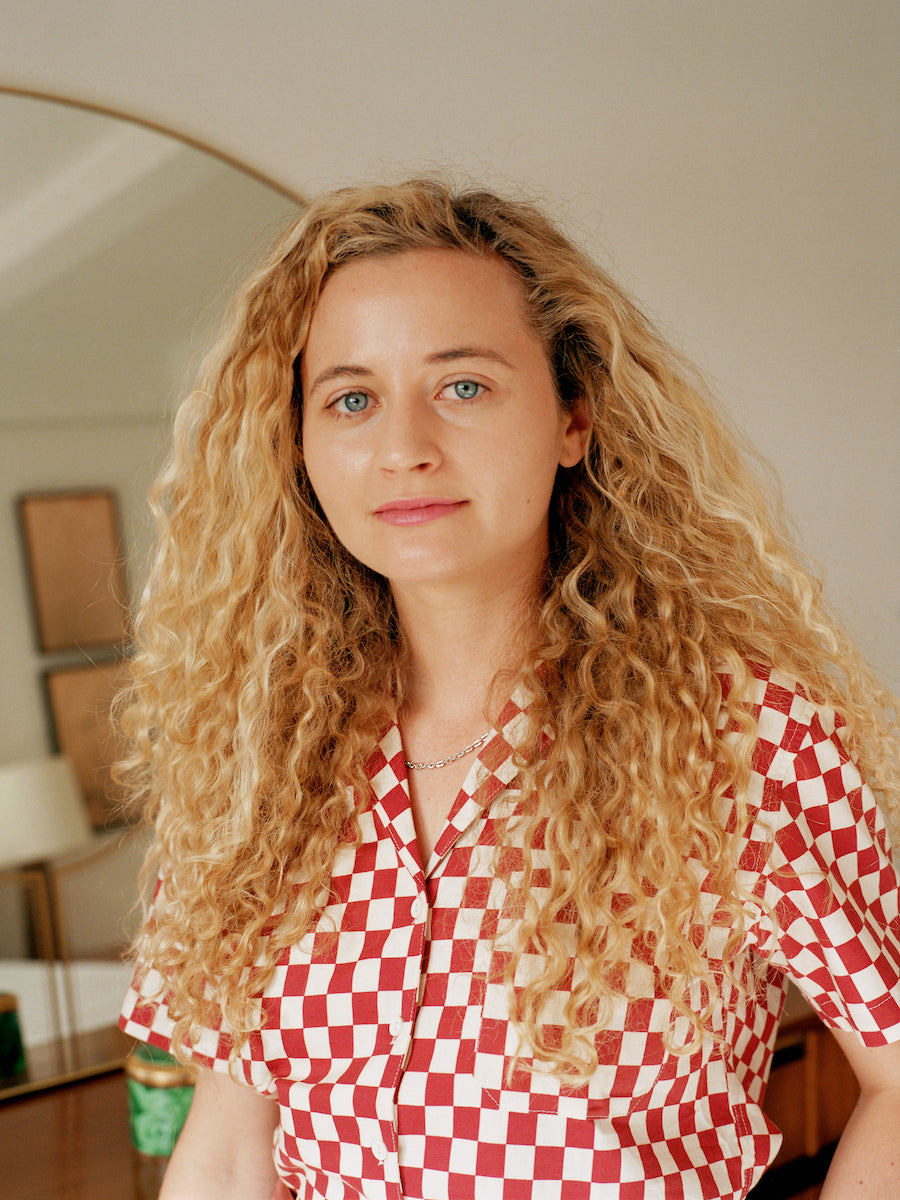
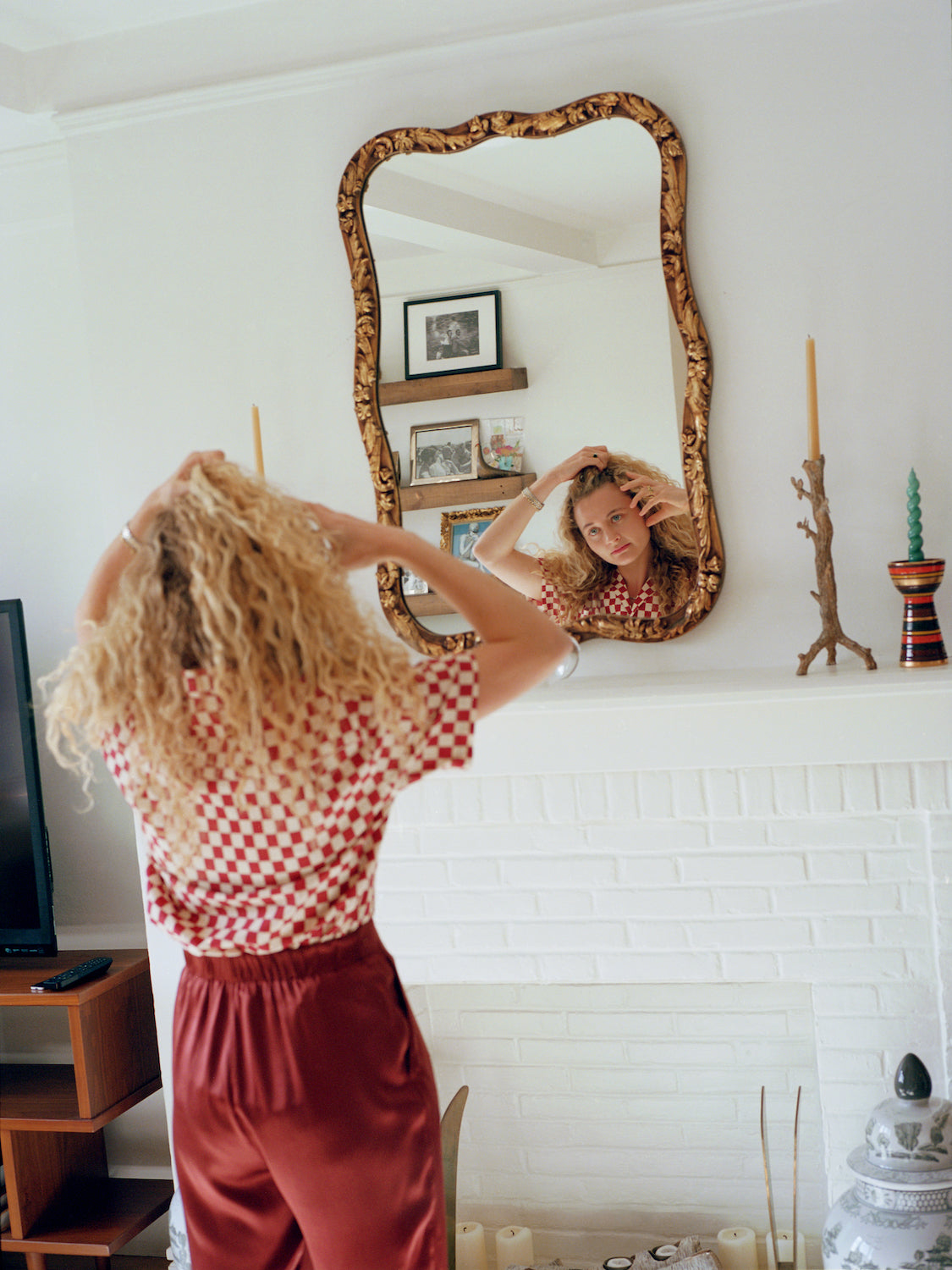
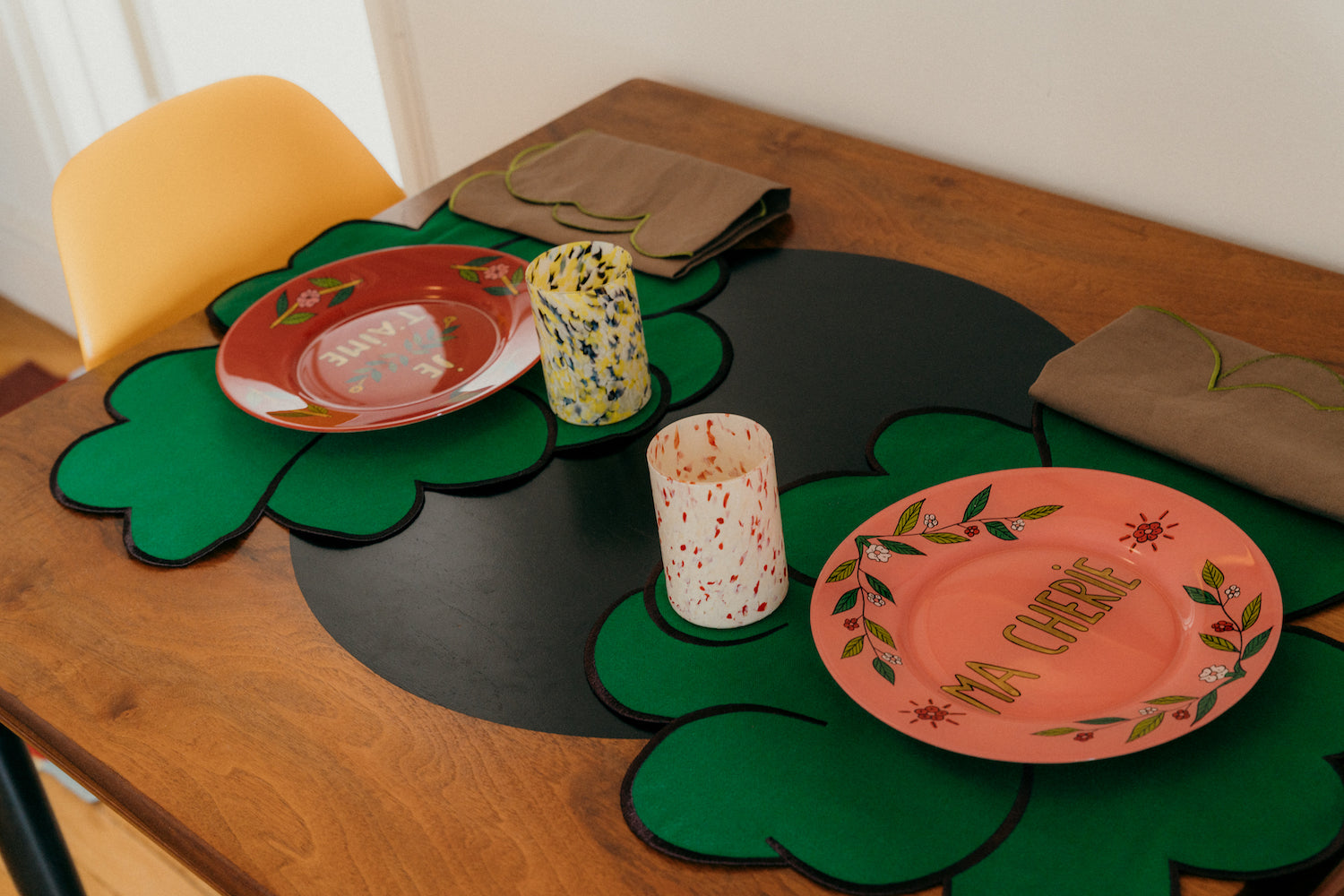
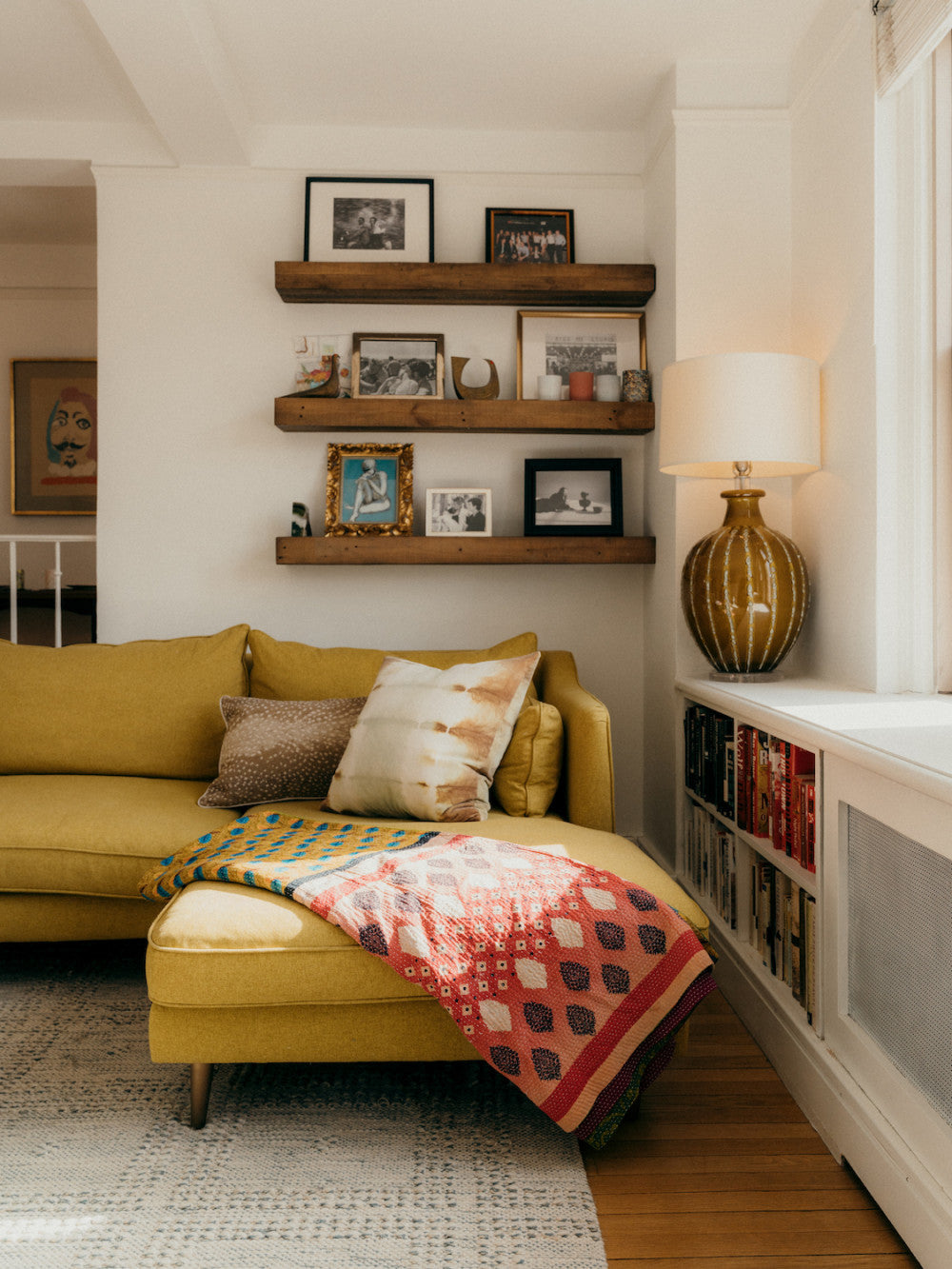
I could be going through something personally that I'm not posting about, but that doesn't mean what I am posting about is inauthentic.
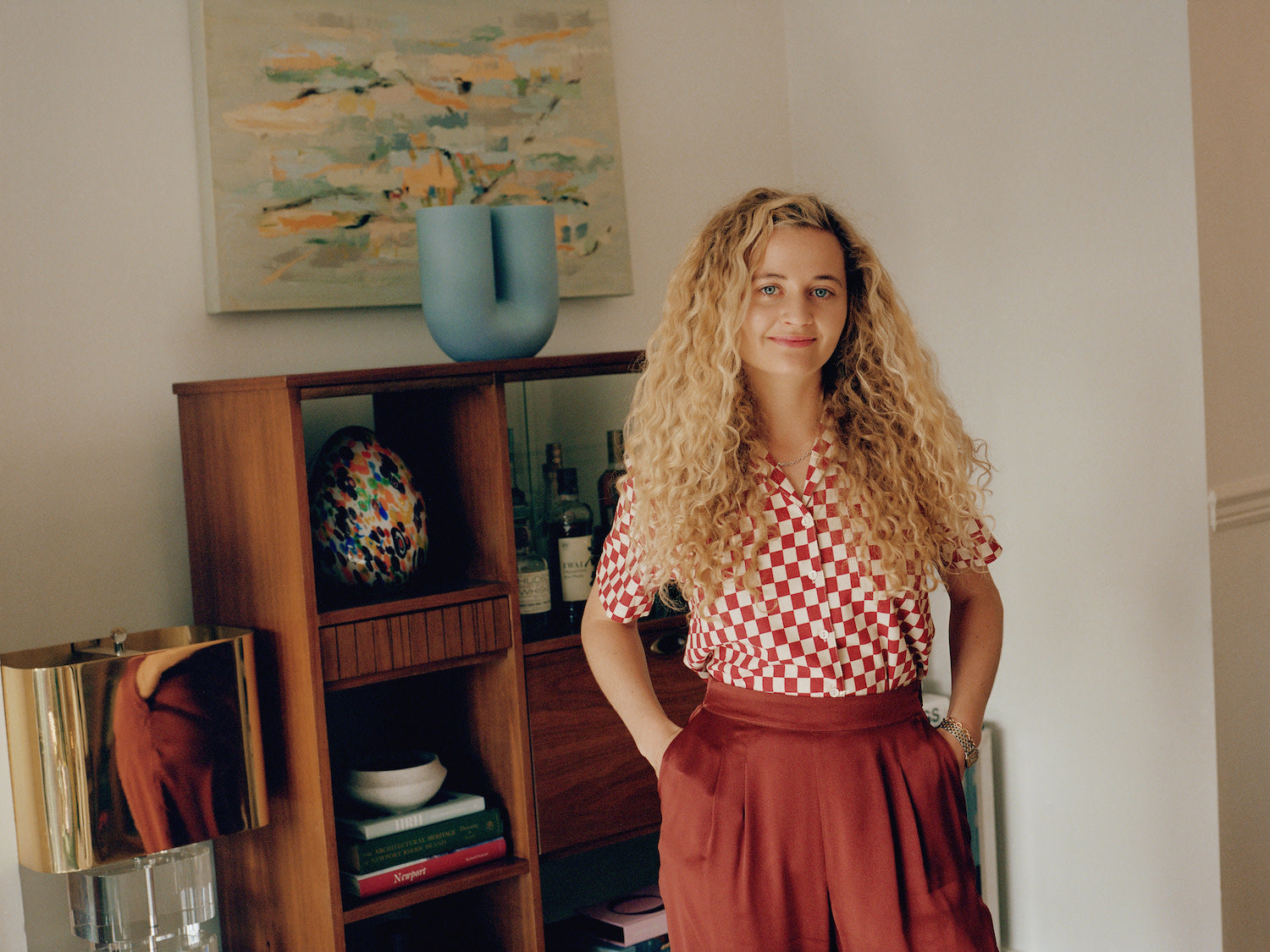
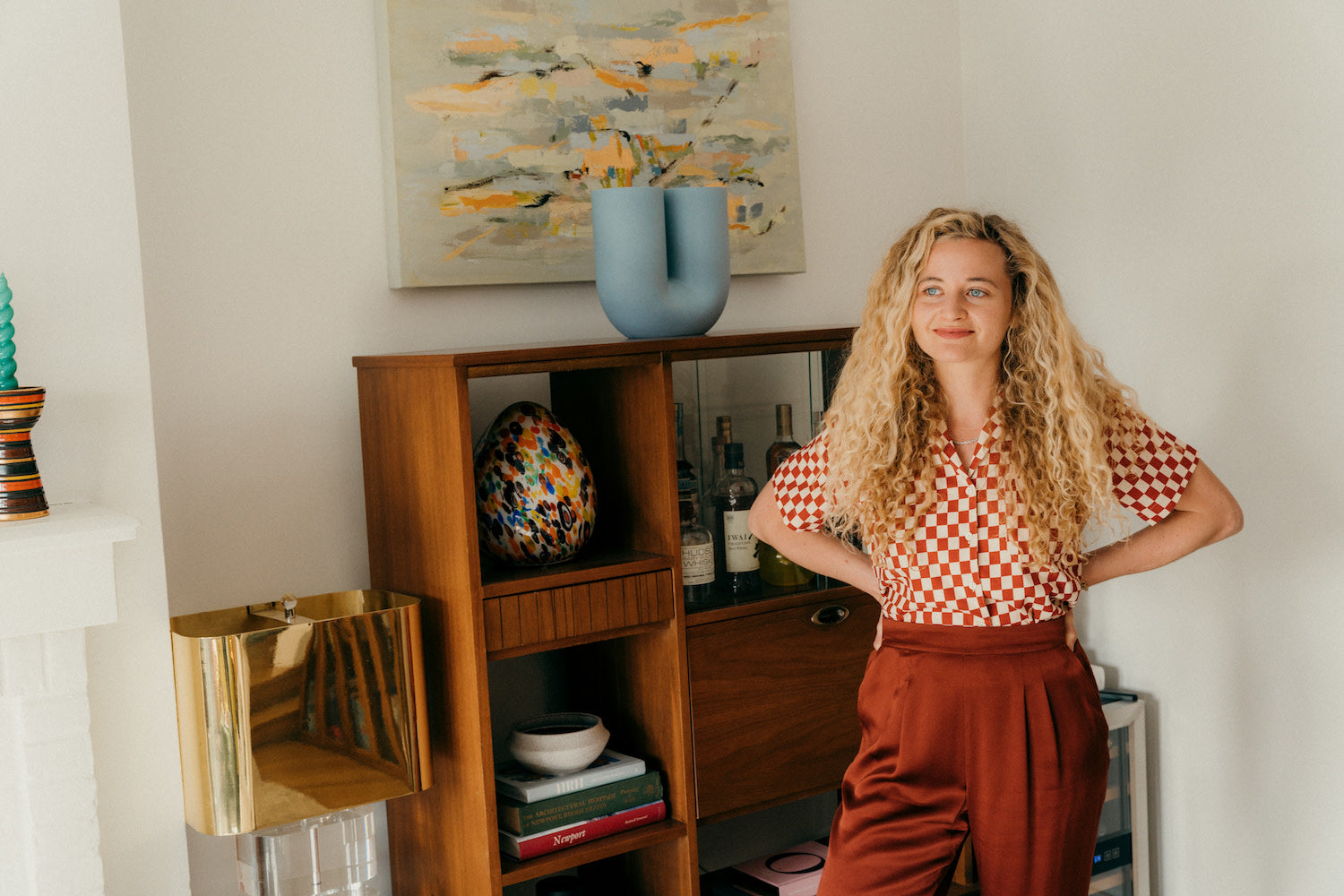
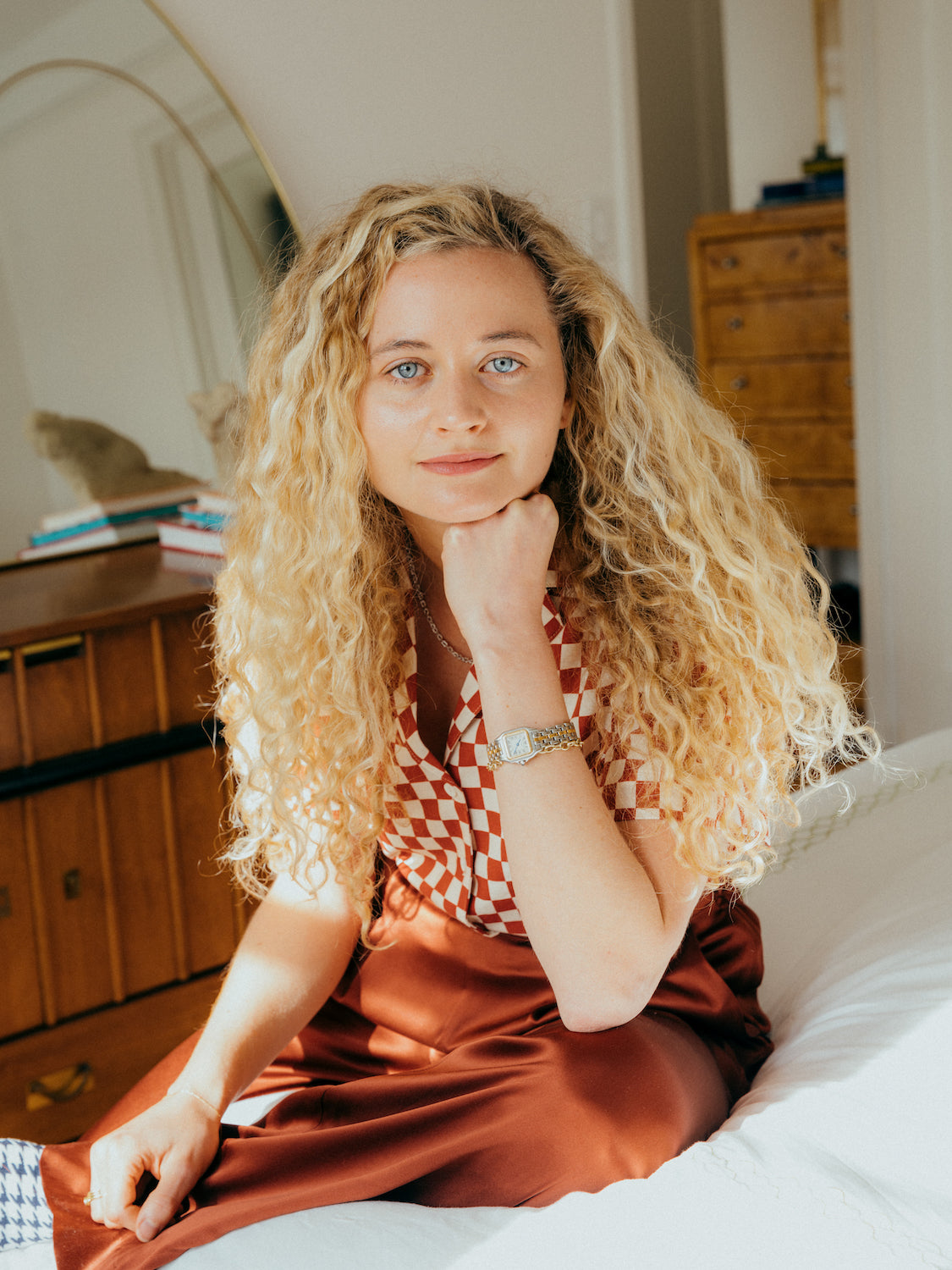
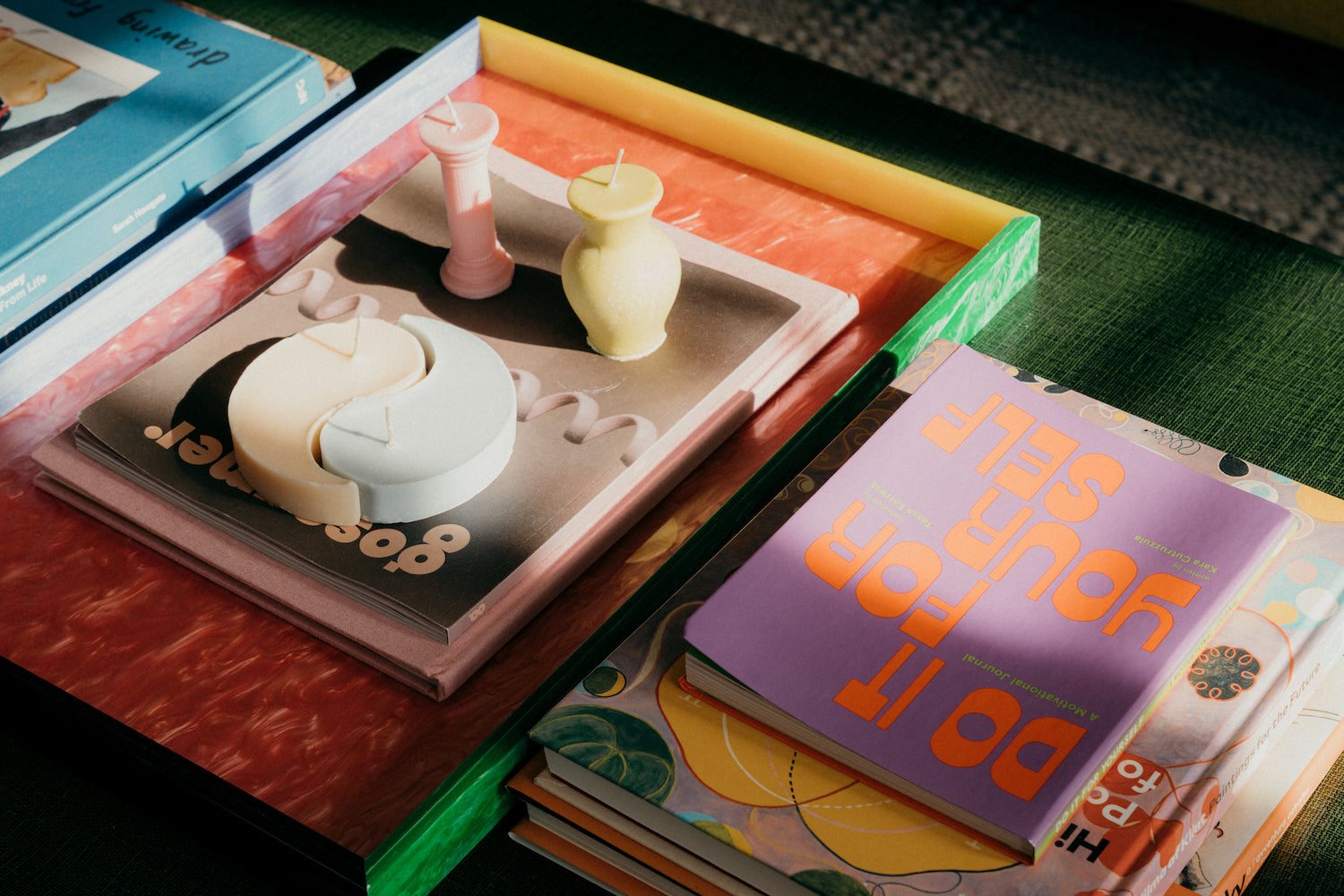
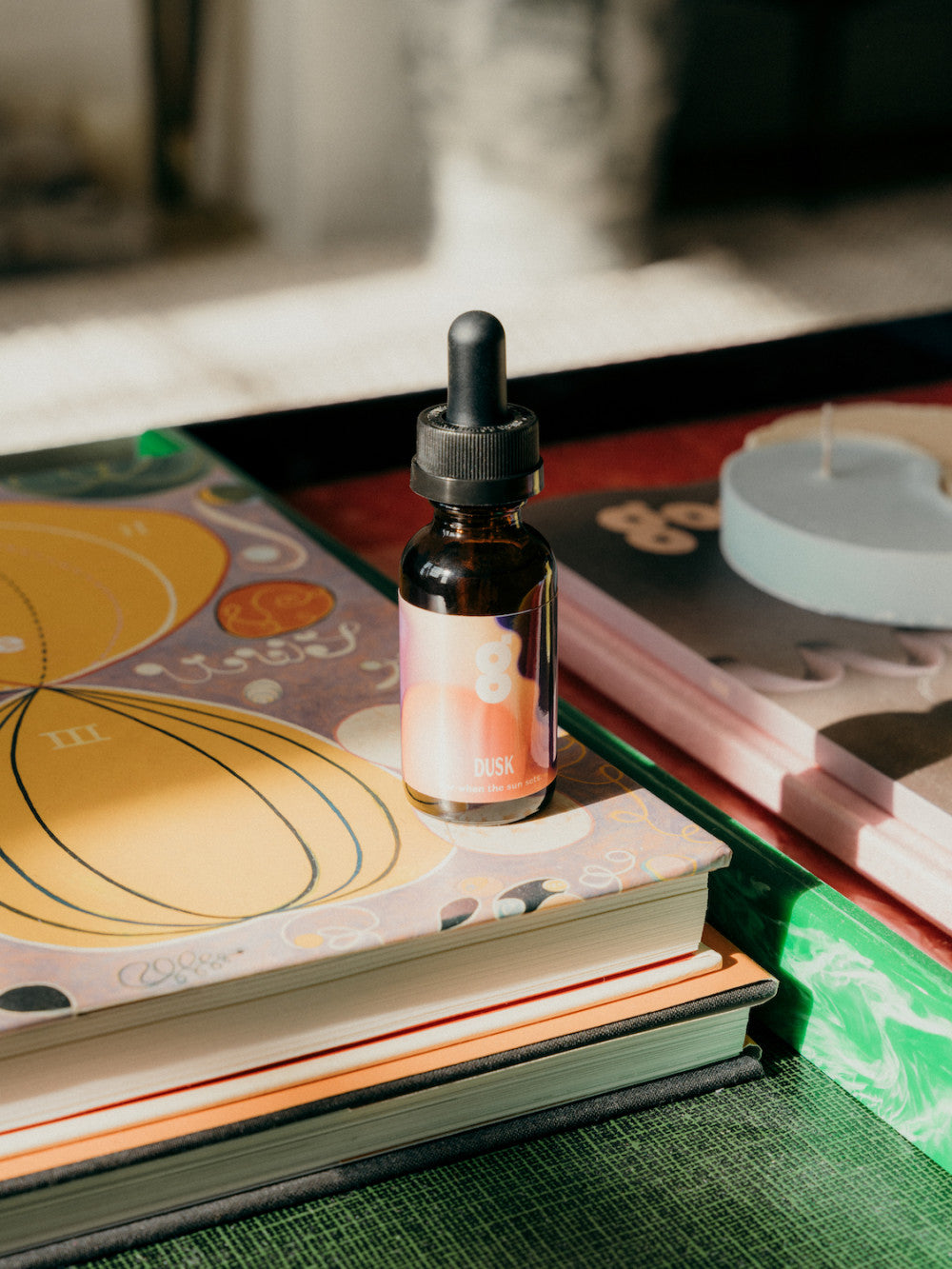
I’ve been a huge fan of Dusk for a long time. I take that almost nightly.
